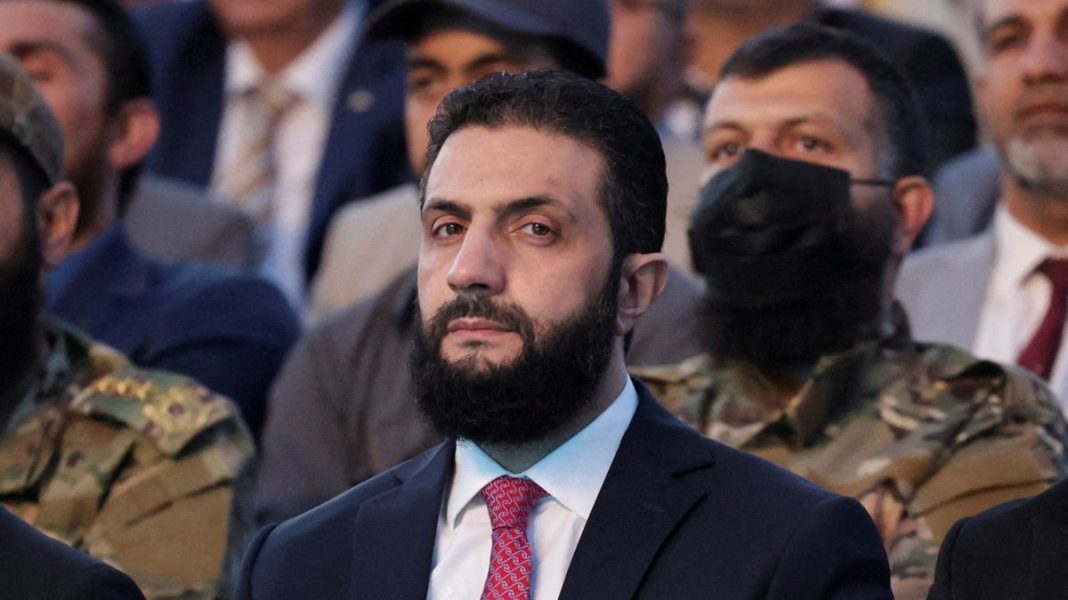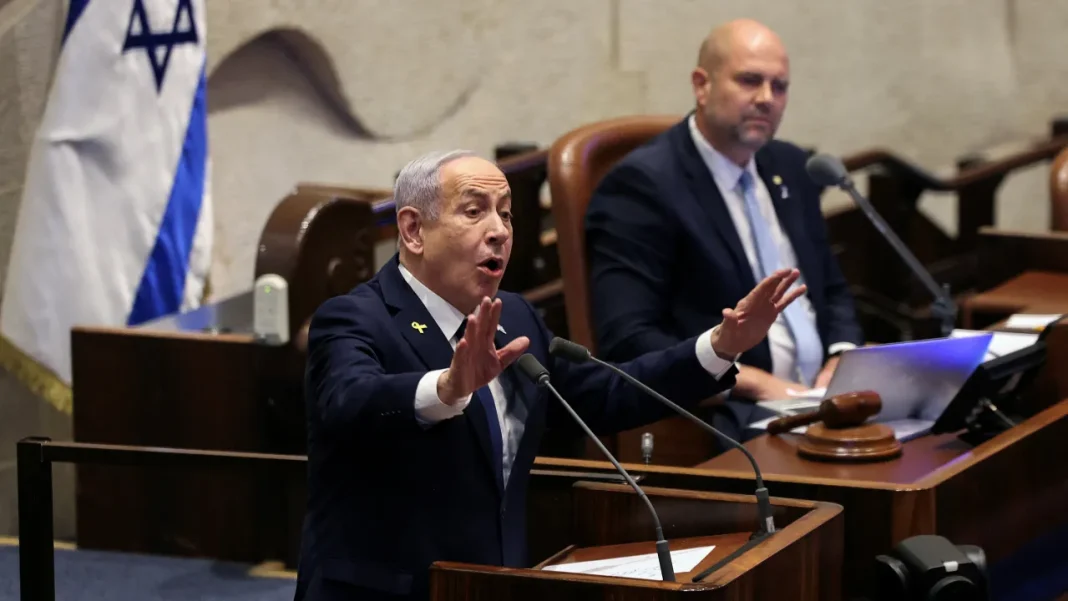With tensions rising globally, concerns about nuclear testing have returned to the forefront, especially in Russia. Recent statements from leading scientists underscore the risks associated with these tests and urge a cautious approach.
The History of Russian Nuclear Testing

Russia’s history with nuclear tests dates back to the Soviet era, when it initiated its first test in 1949. Over the following decades, the USSR conducted over 700 nuclear tests, making significant advancements in weapon design and technology. These tests, primarily carried out at sites like Semipalatinsk in Kazakhstan and Novaya Zemlya in the Arctic, have left a lasting environmental impact and provoked continued international concern.
In the modern era, Russia has purportedly abided by the Comprehensive Nuclear-Test-Ban Treaty (CTBT), though it has yet to formally ratify it. Despite this, rumors and reports of subcritical and other types of tests persist, fueling fears of a potential breakdown in global non-proliferation norms.
Environmental and Health Concerns

The environmental repercussions of nuclear tests are severe. Fallout from tests can contaminate vast areas, leading to long-term ecological damage. Radioactive particles released into the atmosphere can travel great distances, affecting regions far beyond the test sites. Specifically, areas downwind of such tests have historically faced higher instances of radiation-related illnesses.
Local populations, often with limited means to relocate, are at risk of exposure. Studies have linked nuclear test fallout to increased rates of cancers and other health conditions, raising ethical questions about the impact on human life and the environment.
Scientific Concerns and Advocacy

Prominent Russian scientists and international researchers alike have voiced their opposition to renewed nuclear testing. They argue that advancements in computer simulations and other non-explosive testing methods sufficiently meet security requirements without the need for live tests. These methods reduce the environmental and health risks associated with traditional nuclear tests.
Scientific advocacy has thus focused on urging the Russian government to prioritize alternative testing measures. Their goal is to maintain national security while adhering to international treaties and protecting both people and the planet.
International Relations and Diplomacy

The implications of nuclear testing extend beyond national borders, influencing global diplomacy and security frameworks. Renewed tests or even threats thereof can exacerbate tensions between nuclear powers, potentially triggering an arms race. This is especially pertinent as existing treaties, like the New START, face uncertainties in their continuation and enforcement.
Diplomatically, Russia’s actions send signals to other nations and can influence their nuclear policies. The international community, including organizations like the United Nations, continues to advocate for the complete ban and disarmament of nuclear weapons, urging countries to uphold their commitments for global safety.
As the world carefully watches Russia’s next moves regarding nuclear testing, the call for caution from scientists is more crucial than ever. By heeding their advice, Russia can contribute to international stability and protect both its citizens and the global community from the potentially devastating effects of nuclear tests.
Source: Official Comprehensive Nuclear-Test-Ban Treaty Organization website.





